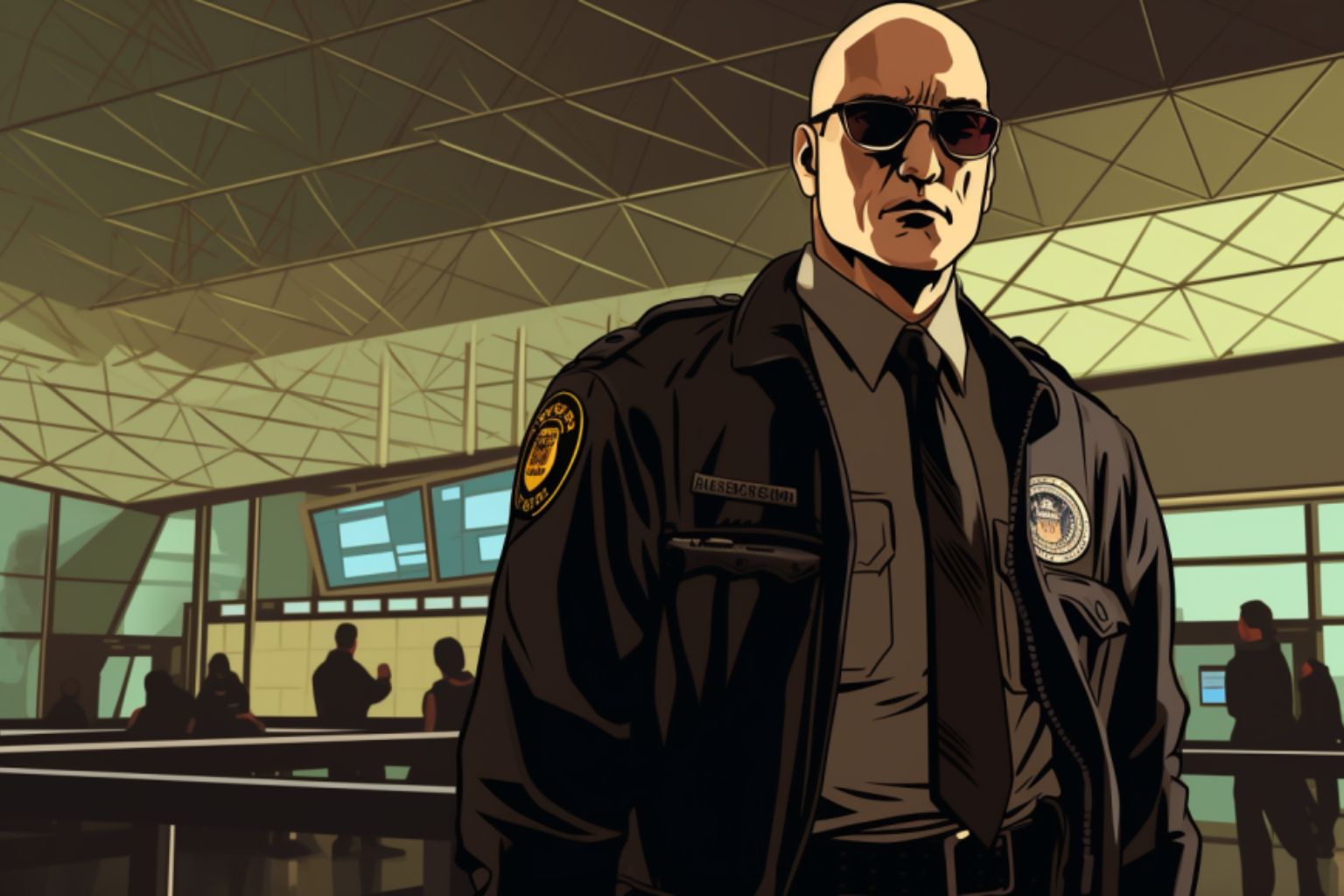It’s not hard to image how much louder the public outcry would have been during the pat-down controversy last year if the TSA Transportation Security Administration had also shut down it Screening Partnership Program, which allowed airports to privatize their security.
After all, private screeners were seen as a loophole to avoid increasingly aggressive federal transportation security officers. Several airports were reportedly considering “firing” their TSA screeners after the new body-scanners began appearing, accompanied by more intrusive physical searches.
In short, the program was an escape valve through which the traveling public let out a steam of rage. Had it not been there, who knows what would have happened?
But here’s more evidence that the federal agency charged with protecting our transportation systems understands the importance of timing. It waited until yesterday — two months after the enhanced-screening media circus — to freeze the program. I wonder how long they’ve been meaning to do that.
So what does that mean to us?
At some point, the TSA will probably require the privatized airports — including San Francisco International Airport and Kansas City International Airport — to revert back to federal screeners, even though many frequent travelers to Screening Partnership Program airports say they’ve experienced significantly better service and less intrusive and abusive searches.
Meanwhile, the TSA’s troubles have gone from bad to worse.
A Transit Police Department officer was suspended on Thursday for 10 days without pay after he admitted keeping more than 1,000 items that TSA agents confiscated at Buffalo Niagara International Airport over several years, according to a report in the Buffalo News.
It’s a silly story that got far more traction than it deserved, but it begs a more serious question: If these confiscated items were so dangerous, why weren’t they destroyed?
Lawsuit against the Department of Homeland Security
Earlier this month, Jesse Ventura, the former governor of Minnesota and professional wrestler, filed a lawsuit against the agency and Department of Homeland Security, accusing the TSA of violating Ventura’s “rights under the Fourth Amendment to the United States Constitution to be free from unreasonable searches and seizures.” (Here’s how to handle the TSA when you travel.)
The “Body” doesn’t want anyone touching his body. Look up “irony” in the dictionary.
Then there’s the case of Phil Mocek, a Seattle software developer arrested last year for refusing to show ID to TSA agents. He was acquitted earlier this month by an Albuquerque jury. You can see the cell phone recording of his arrest at the top of this post. It is deeply troubling and shows an abusive federal agency that is unaware of its own rules.
The TSA spin machine shifted into high gear after the stunning loss, insisting Mocek had “appeared to be trying to film sensitive security information related to TSA standard operating procedures on ID verification.” Which is, of course, complete nonsense.
Oh yeah, and that airport bombing in Russia? Turns out the TSA wouldn’t have been able to stop a similar attack in the States.
Here’s the bottom line: The TSA is the laughingstock of the aviation world. Its public image is worse than the rent-a-cops it replaced in 2002. We’re at the point where the only practical solution is to push the “reboot” button. Nothing less than a complete overhaul of the agency and its practices will fix this mess.




